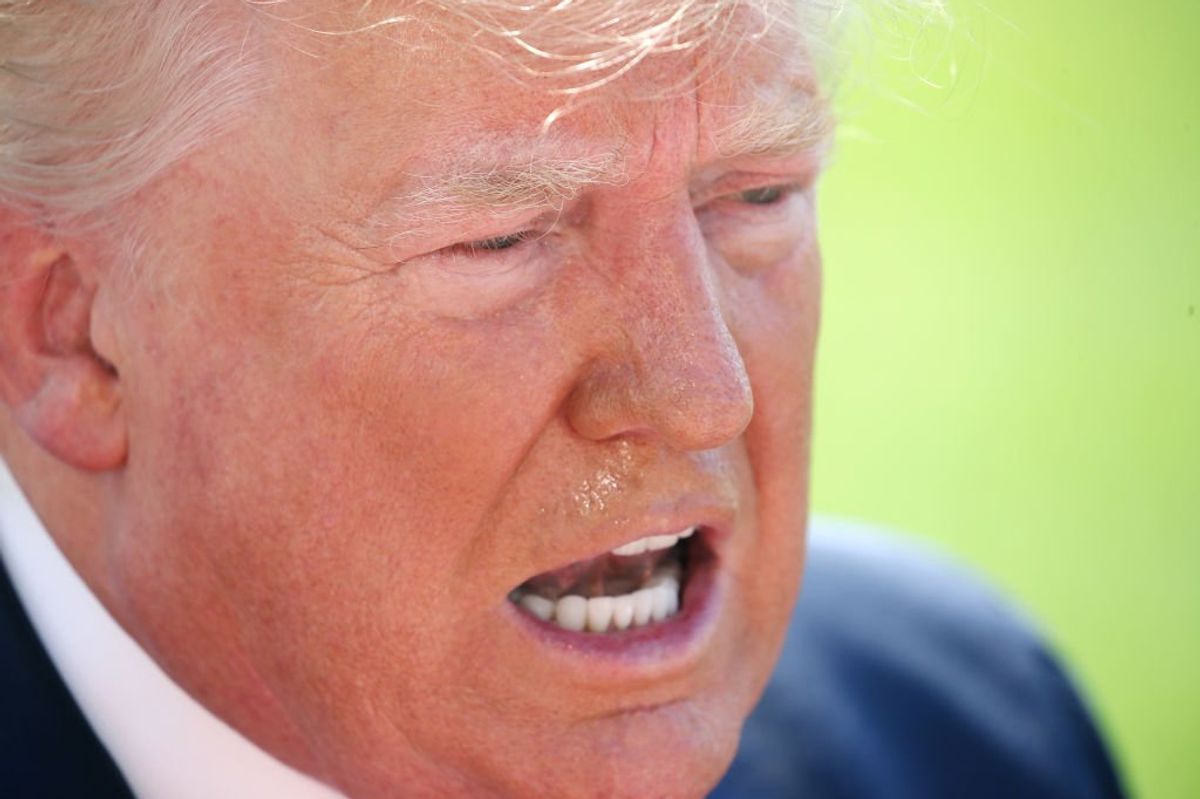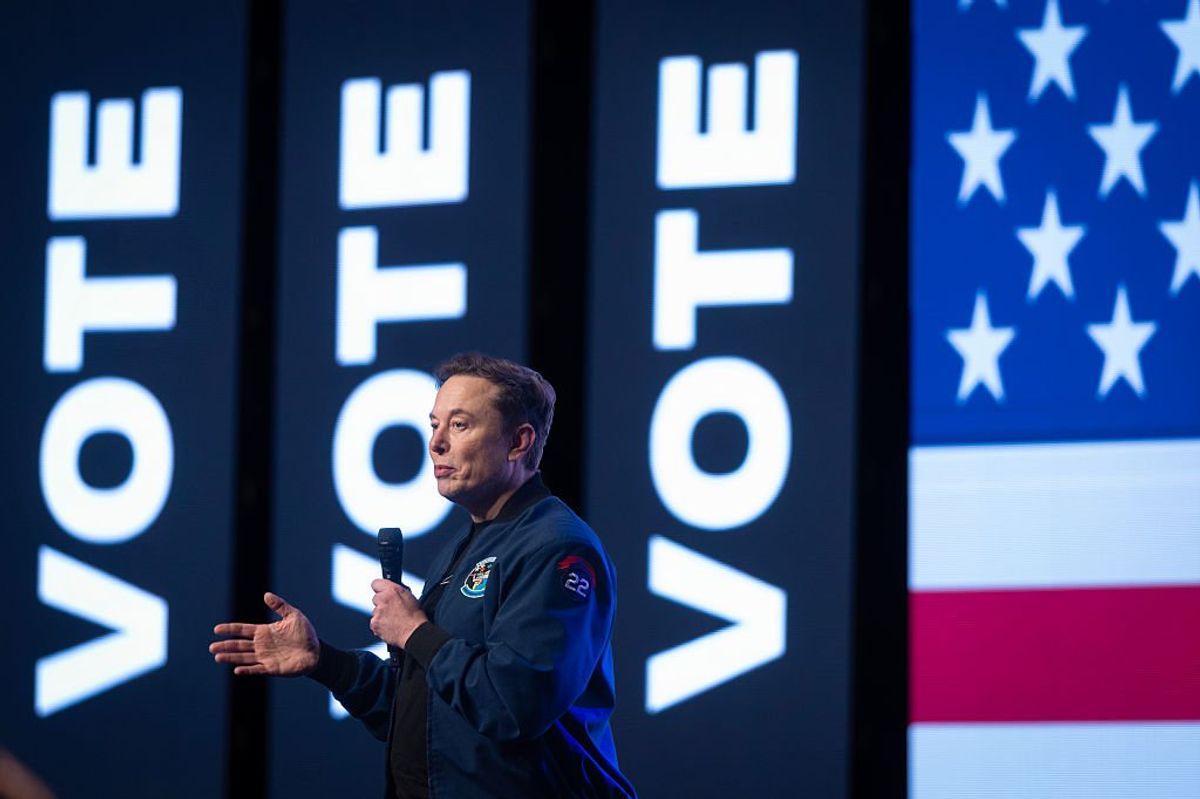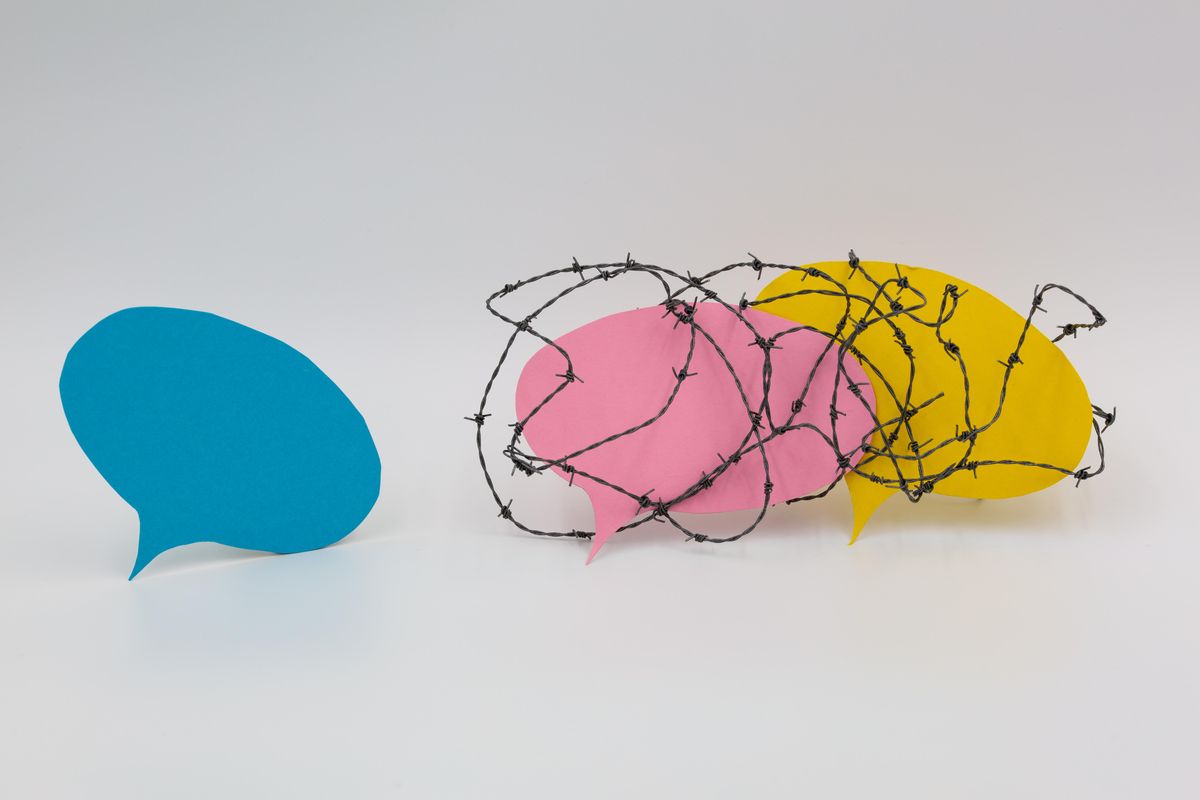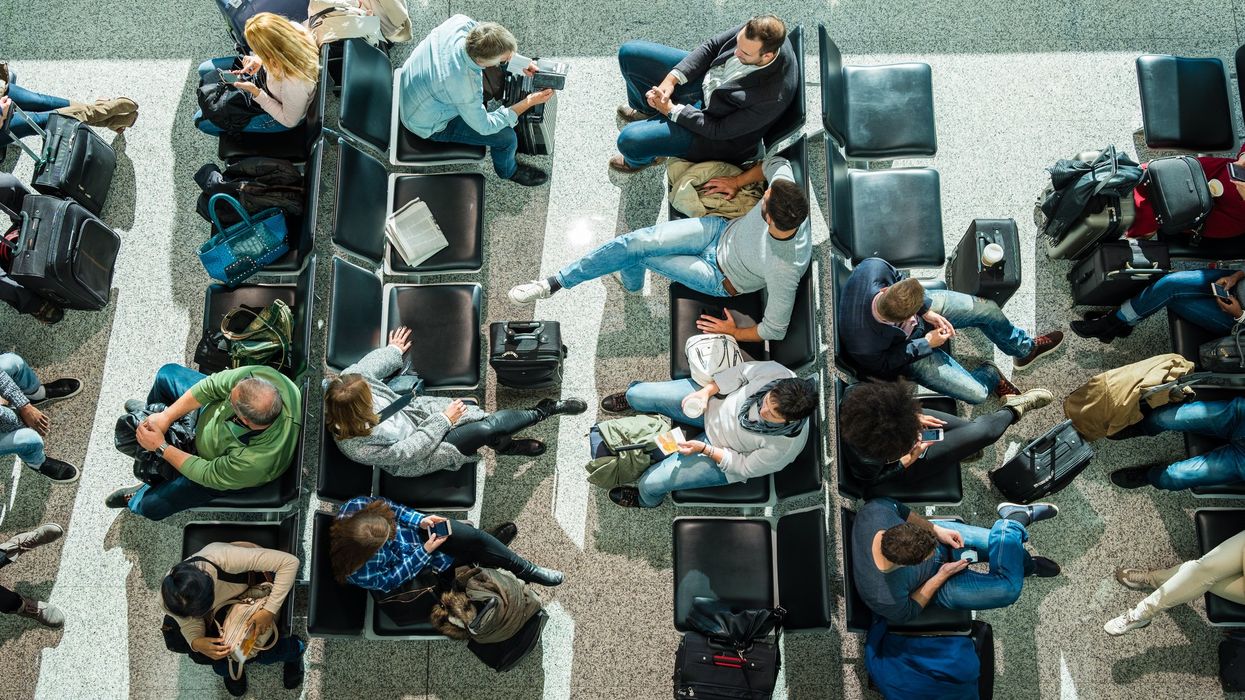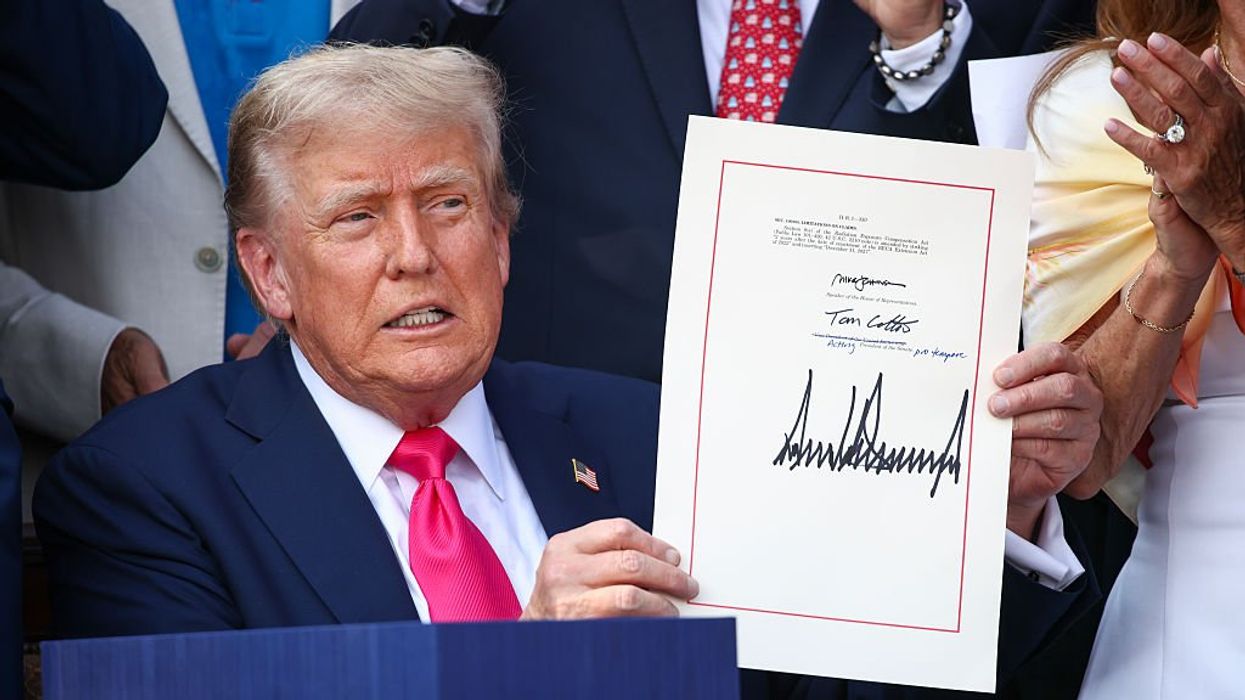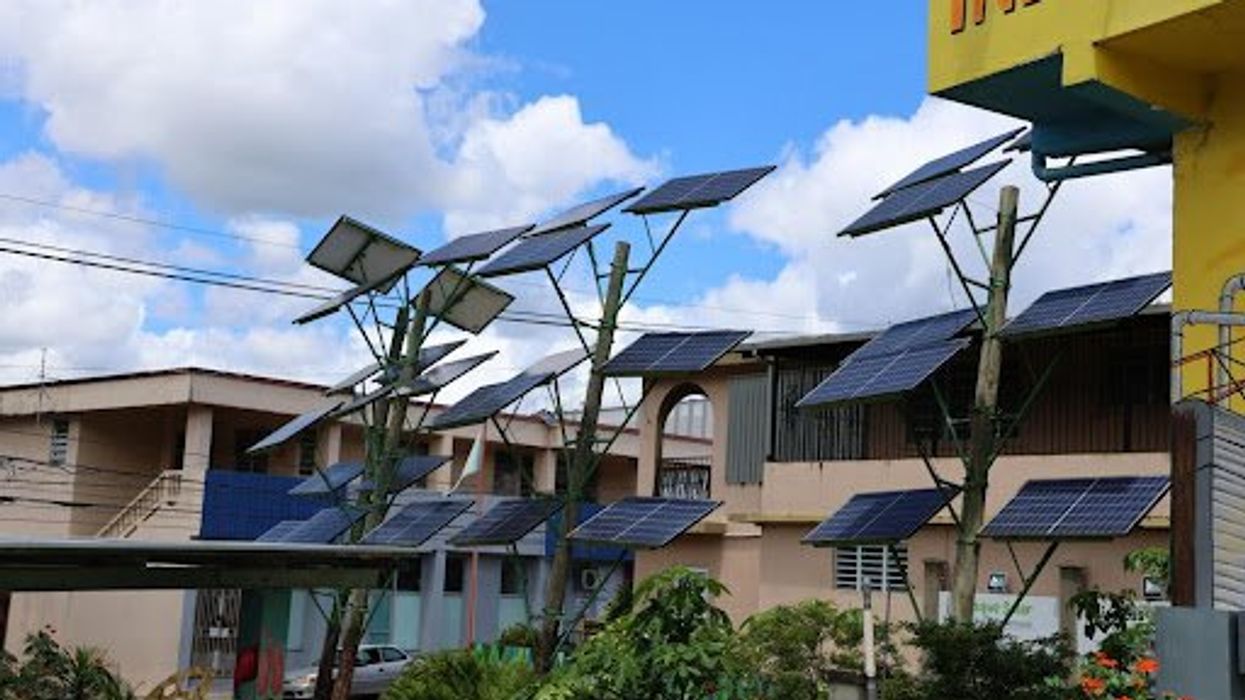Are calls for unity too weak and too generic to move Americans? What are the hard truths that stand in the way of unity?
Educator, activist, and author Tim Shriver joined the Braver Angels podcast to talk about his new book, "The Call to Unite," and the budding nationwide movement to unite America.
The Call to Unite | Tim Shriver with John Wood, Jr. & April Lawsonwww.youtube.com
